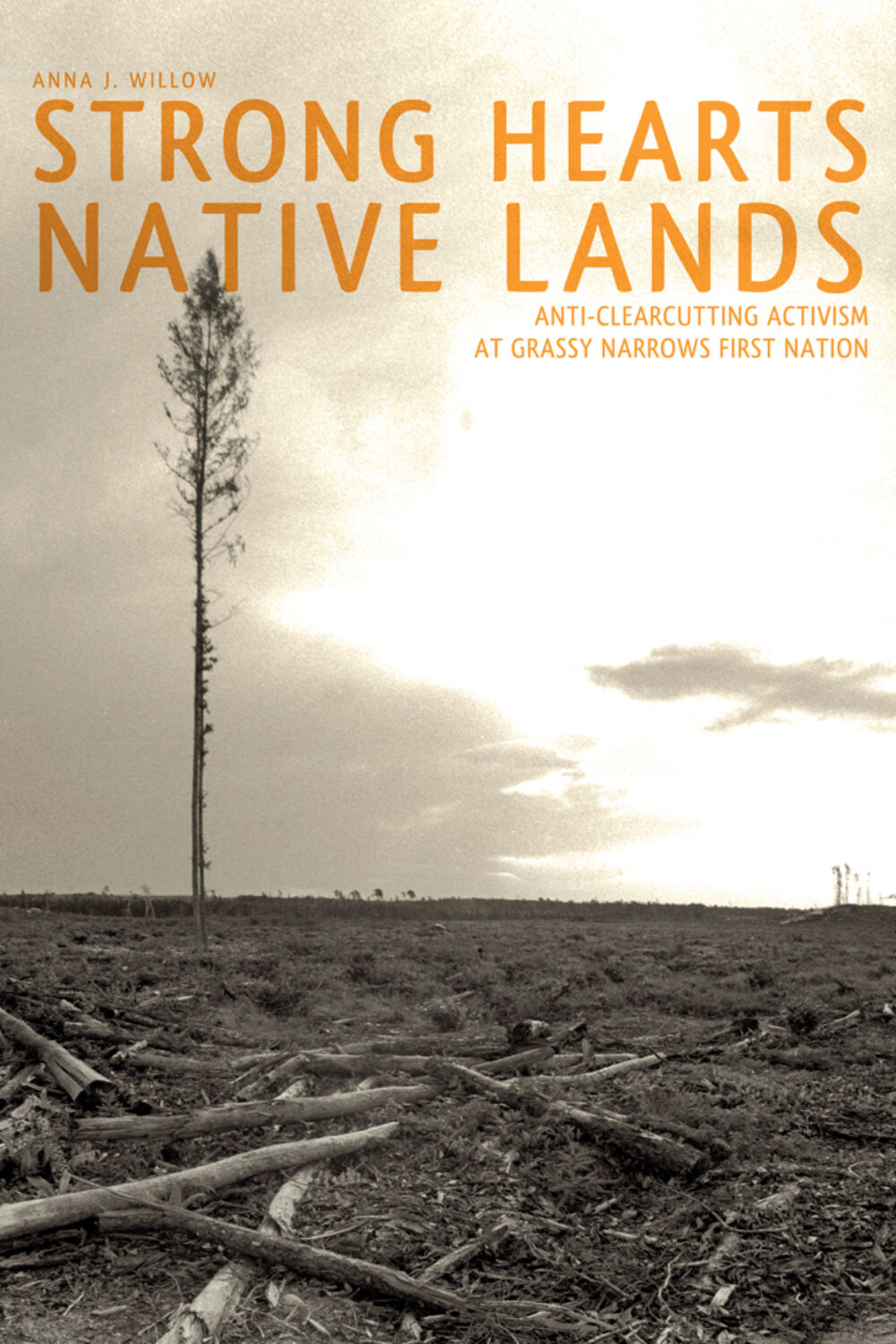From Ryan Duplassie, Department of Native Studies, University of Manitoba:
“This is a unique Travel Study program scheduled for early May 2014, set up through the Native Studies department at the University of Manitoba.

Earn full credits for the two integrated courses comprising this two-week intensive program. No pre-requisites required, any Major welcome:
NATV 2000: Anishinaabe Traditional Environmental Knowledge in Grassy Narrows
NATV 3000: Grassy Narrows Environmental and Cultural Politics
*Program Fee (not including books): *
$500 — $600 per student, depending on number of students (more students = lower costs). Fees include all food and travel costs, and instructors’ stipends.
Pre-registration Required! Interested students should sign up right away and must pay a nominal deposit of $100.00 by the middle of March (refunded in the event that there are too few students and the Program is cancelled.) Tell your friends!
Requirements: Warm camping equipment, assigned books
Rough schedule:
4 days in-house lectures and readings at the University of Manitoba — Treaty 3, mercury pollution, and introduction to themes explored in Grassy Narrows:
4 days camping at Slant Lake, learning from community members about the political and cultural considerations surrounding the 11 year-old logging blockade
4 days camping across Indian Lake, learning from community members about Anishinaabe knowledge of the land, and the Supreme Court case against the provincial Ministry of Natural Resources’ authority to issue logging licences for the territory, including the site at Indian Lake at which we will be camping.
2 days travel
Program Description:
This program will situate students in an Anishinaabe context where they will have to develop ways of understanding their place as Treaty people by engaging the environmental and cultural politics of the Anishinaabe community of Grassy Narrows First Nation. An intensive and rigorous program of study will bring together discussion of key contemporary scholarly and historical texts in conjunction with a challenging experiential learning component. Students will read on historical Treaty 3 deliberations, contemporary legal struggles over resource jurisdiction and stewardship, the meaning and significance of traditional land-based modes of production, and will contribute to community development.
Required Textbooks, Chapters, and Films:
NATV 2100
—Alexander Morris, “Chapter V: Treaty Number Three, or the North-West Angle Treaty”, in The Treaties of Canada with the Indians of Canada and the Northwest, 1880. Available online: http://www.gutenberg.org/dirs/etext04/tcnnd10h.htm
— Excerpts from Keewatin v. [Ontario] Minister of Natural Resources. Available online: http://blakesfiles.com/Bulletins/legal_updates/aboriginal_law/sep_2011/Keewatin_judgment.pdf
—Fikret Berkes. Sacred Ecology. New York: Routledge, 2008.
—Peter Kulchyski. The Red Indians: An Episodic, Informal Collection of Tales from the History of Aboriginal Peoples’ Struggles in Canada. Winnipeg: Arbeiter Ring Publishing, 2007.
*NATV 3100 *
— Judy Da Silva. “Hashinoqwah” in Leanne Simpson & Kiera Ladner, eds. This is an Honour Song: Twenty Years Since the Blockades. (Winnipeg: Arbeiter Ring Publishing, 2010), 59-74.
— Anna Willow. Strong Hearts, Native Lands: Anti-Clearcutting Activism at Grassy Narrows First Nation. Winnipeg: University of Manitoba Press, 2012.
—Tadashu Orui & Thor Aikenhead, prods. The Scars of Mercury (2010). Available online: http://www.cultureunplugged.com/play/6412/The-Scars-Of-Mercury
For more information, contact Ryan Duplassie, program coordinator and co-instructor, at [email protected]
Posted by U of M Press
January 15, 2014
Categorized as In the News, Reading Lists, Events
Tagged clearcutting, grassy narrows, logging, mercury, native studies, women
Happy Holidays! The Accidental Inuit Novelist
